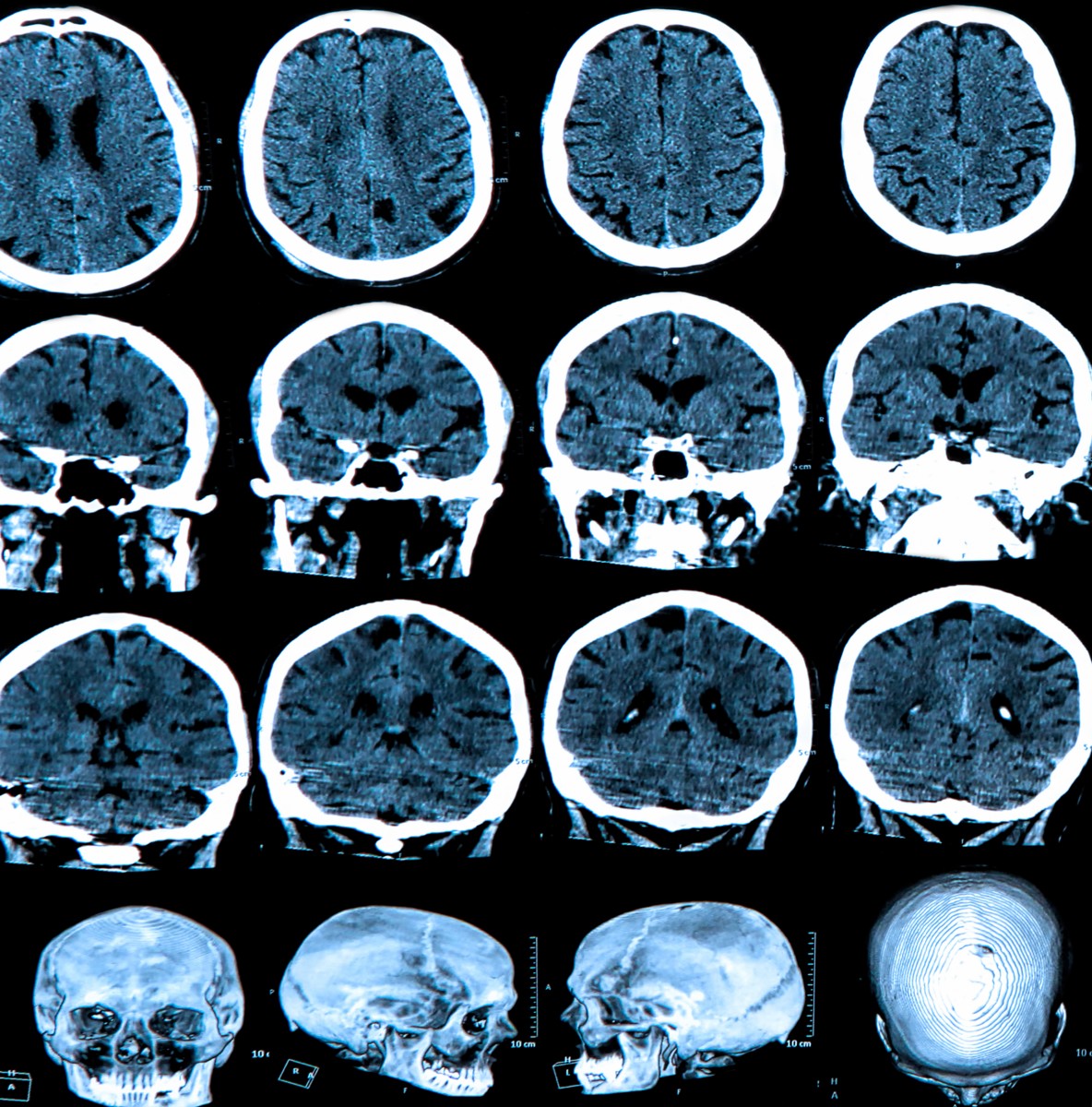Low-frequency Magnetic Fields Do Not Accelerate Alzheimer’s Disease and ALS

 Evidence indicates that low-frequency alternating magnetic fields generated by overhead power lines aggravate neurodegenerative disorders including Alzheimer’s disease and amyotrophic lateral sclerosis (ALS). Nevertheless, recent research conducted by scientists from the Institute of Pathobiochemistry at the Medical Center of Johannes Gutenberg University Mainz (JGU) in Germany found no evidence supporting and association between these fields and disease progression in mouse models. Results from the study indicate no affect in learning behavior nor in known disease mechanisms at the cellular level. The study is published in the journal Scientific Reports of the Nature Publishing Group.
Evidence indicates that low-frequency alternating magnetic fields generated by overhead power lines aggravate neurodegenerative disorders including Alzheimer’s disease and amyotrophic lateral sclerosis (ALS). Nevertheless, recent research conducted by scientists from the Institute of Pathobiochemistry at the Medical Center of Johannes Gutenberg University Mainz (JGU) in Germany found no evidence supporting and association between these fields and disease progression in mouse models. Results from the study indicate no affect in learning behavior nor in known disease mechanisms at the cellular level. The study is published in the journal Scientific Reports of the Nature Publishing Group.
Results of some epidemiological studies indicate that the low-frequency of magnetic fields that are produced by for example alternating current (50 Hz) in power lines and electrical appliances while they are operating may lead to the progression of these conditions. While the results from other studies claim that magnetic field exposure does not increase the risk of Alzheimer’s disease or ALS, the World Health Organization (WHO) still reports otherwise.
In both conditions, a progressive degeneration of neurons and loss of brain function occurs. “At present, there is an extensive debate among the scientific community about how low-frequency magnetic fields might influence cell function at the molecular level,” explained Dr. Albrecht Clement, principal investigator at the Institute of Pathobiochemistry at the Mainz University Medical Center. “To our knowledge, no comprehensive study has been conducted so far to investigate the long-term effects of these fields on the onset of disease symptoms and the progression of both diseases under controlled conditions.”
This new study funded by the German Federal Office for Radiation Protection (BfS) demonstrated in a long-term investigation using animal models that controlled exposure to low-frequency magnetic fields for 18 months does not have an impact either in the onset nor in the progression of ALS and Alzheimer’s disease.
Results revealed that in animal models of Alzheimer’s disease, the exposure to magnetic fields does not influence the formation of pathological amyloid-beta protein plaque in the brain. In animal models of ALS, the results revealed no impact on the levels of proteins damaged by oxidative stress in the spinal cord. The research team also found that during exposure there was no nervous system inflammatory response in both conditions.
“These results show that exposure to low-frequency magnetic fields has no effect on either disease-related molecular processes or on potential, as yet unknown, disease mechanisms,” said Clement. “Our findings thus tend to confirm the results of previous epidemiological studies that indicate no damaging effects of low-frequency magnetic fields.”
However, the researchers noted that more research is needed to demonstrate whether low-frequency magnetic fields negatively affect humans or not.






